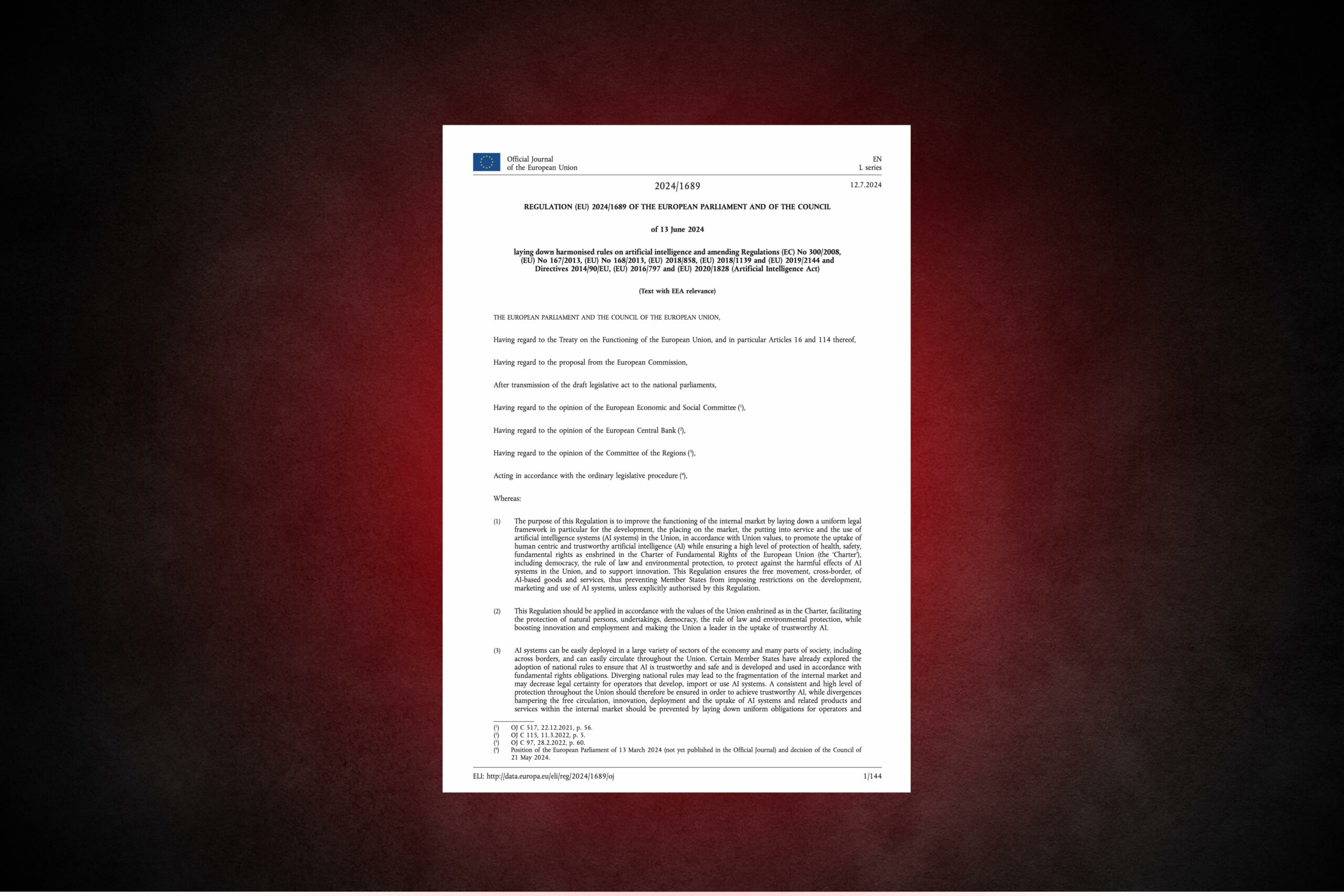Welcome to Crane’s Cartel, a trimonthly series where University of Michigan law professor Daniel Crane engages in hard-core mind-fixing.
****
I was recently proofing edits to a law review article when I noticed that the editors had made a global change to decapitalize “school” in “Chicago School.” I asked to change it back to Chicago School. The editors replied that the Chicago Manual on Style (a good resource when it comes to the Chicago School) calls for no capitalization of “schools,” but that they could capitalize if that’s what I preferred. So I ran a search on the top law reviews, which confirmed my belief that (likely at the insistence of their authors) they all capitalize “school” in Chicago School. Interestingly, this turned out to be true of the University of Chicago Law Review, which would seem to have a special interest in the matter (the Chicago Manual of Style notwithstanding)!
This was by no means my first foray into controversy over antitrust grammar and usage. I consider it my singular achievement as a scholar to have seared into the public consciousness that anyone who hyphenates “anti-trust” is a knave and a fool. See Steve Cernak’s review of my student antitrust treatise for a fuller explanation of this important matter.
And it’s not just about how antitrust is written. There’s also the pronunciation question. Whenever I hear someone say anˌtī,trust (rhymes with tie) rather than the proper an(t)ētrust (rhymes with tea) I know that an imposter is in the room. That’s as unpardonable as referring to the Sherman Act as the “Sherman Antitrust Act” or referring to Hart-Scott as the “Antitrust Improvements Act.” (I have to admit to being a little bit less certain as to whether it’s fatal to omit the hyphen in Hart-Scott, or whether there’s any strong norm about omitting or including Rodino).
I will leave it to our European or global readers to come up with your own continent-specific examples. We all know the basic truth: the antitrust profession has its secret handshakes of grammar and usage. These are shibboleths that separate the sheep from the goats, the insiders from the outsiders, with lightning-speed heuristic efficiency. The person who stumbles on these basics reveals himself to be an outsider to the guild.
In case this post seems entirely frivolous, there is a serious point. Like many professions, the antitrust profession has become insular, self-referential, and closed to new ideas. For many decades, antitrust was a boring, technocratic discipline, largely left to its own devices and free from outside involvement or scrutiny. Whenever a stranger showed up to the party, she was quickly made to understand that her insights weren’t needed and that she would only embarrass herself by staying.
Of course, antitrust’s insularity was policed in many ways more significant than grammar, usage, and pronunciation. Through many levers at its disposal, the profession policed the range of acceptable positions, arguments, and beliefs, resulting in a narrow band of permissible contestation. You could debate whether loyalty rebates were good or bad for consumer welfare, but not whether consumer welfare was the appropriate goal.
All of this has changed in the last few years. The neo-Brandeisian challenge to the antitrust order, the political popularization of antitrust, and the renewed interest in the field among journalists, trade unions, political elites, regular people, and even irregular people have blown open the clubhouse doors. Recurrences of “anti-trust” are popping up with alarming regularity in news media articles, correspondence, white papers, blog posts, and even professional journals. The barbarians are at the gate.
Actually, I think this is all to the good. While my own antitrust beliefs may be curmudgeonly, and while it still pains me to see that damn hyphen, it’s a good thing that the antitrust profession is being nudged to open its doors, defend its assumptions and performance, and deal on equal terms with folks who aren’t members of the club. Insularity leads to stagnation and inbreeding. Antitrust, like any other vibrant discipline, needs a constant influx of new ideas and new people. Without prejudice to the right of the incumbents (myself included) to oppose ideas on the merits, we should welcome the new attention, ideas, and people, even if that does mean some stray bad antitrust grammar.
Speaking of new things, I want to seize this opportunity shamelessly to promote my new novel, The Crooked Queen. No, it has nothing to do with antitrust or this blog, but everyone should read it anyway. It’s a contemporary murder mystery set in Portugal against the backdrop of the 14th century romance of King Pedro I of Portugal and his murdered mistress, Inês de Castro. There’s a lot about Portuguese azulejos (tiles), cuisine (especially pastries), history, and culture. There may even be a few stray hyphens or instances of poor Portuguese usage. No one’s going to hold that against me, right?
Daniel Crane
***
Citation: Daniel Crane, Antitrust Usage and the Secret Handshake, Network Law Review, Spring 2024.








